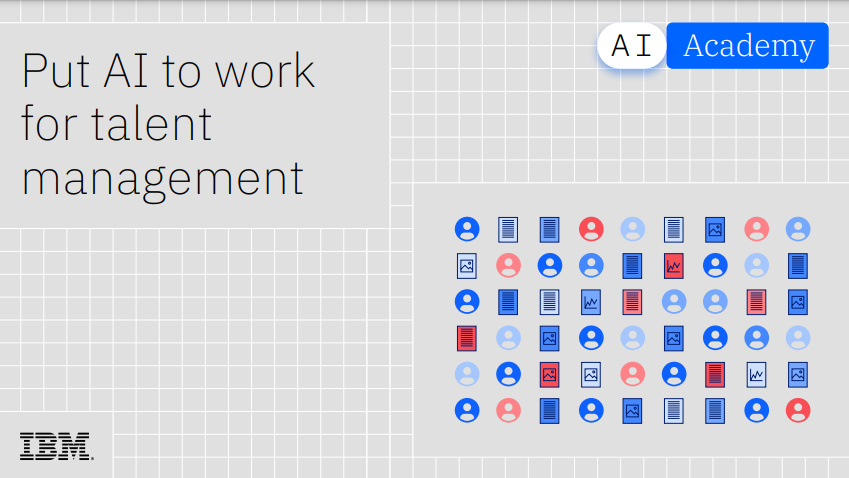Are you a ranter or a raver? DataSift classifies your tweets
Machine learning tool helps companies go further in analysing social media data

Customer complaints as well as compliments can be automatically categorised by companies using DataSift's new machine learning tool.
The Big Data analysis firm will classify people's rants and raves into those two aptly-named categories, while other online utterings could be pigeonholed into "purchase intent" or "churn".
"Companies are now hungry to go beyond sentiment analysis into more advanced insights," said Tim Barker, chief product officer at DataSift.
"Social data has evolved. Everyone from financial institutions through to the United Nations refers to it and we recognised that people need actionable, nuanced insights from social data to better understand their audience's mood and intent."
DataSift is trying to provide this with its latest product, VEDO Intent, which aims to replace manual analysis completed by data scientists with an automated approach to save time and cut costs.
Bypassing analysts means VEDO Intent allows end users in marketing, customer relations and other departments to build and fill categories for unstructured data by themselves.
At first, the tool learns how the data is classified as the task is performed manually, before building its own machine-learning model to automate the classification of millions of social media snippets.
Get the ITPro daily newsletter
Sign up today and you will receive a free copy of our Future Focus 2025 report - the leading guidance on AI, cybersecurity and other IT challenges as per 700+ senior executives
Privacy is retained by having this automation complete the process, rather than data scientists, according to DataSift.
It means firms can ask questions of their data to find out which of their products prove popular, how satisfied customers are and the strength of their marketing campaigns.
DataSift launched VEDO Intent today, as well as announcing an initiative called Forum that aims to accelerate innovation in machine learning's applications to social media data.
It hopes Forum will help its partner ecosystem of developers and data scientsists develop more algorithms for human-created data.
To kick things off, DataSift has released its keyworld relationship model to its partners, helping them analyse hashtags, keywords and topics that are all related to one another.
-
 Put AI to work for talent management
Put AI to work for talent managementWhitepaper Change the way we define jobs and the skills required to support business and employee needs
By ITPro
-
 More than a number: Your risk score explained
More than a number: Your risk score explainedWhitepaper Understanding risk score calculations
By ITPro
-
 Four data challenges holding back your video business
Four data challenges holding back your video businesswhitepaper Data-driven insights are key to making strategic business decisions that chart a winning route
By ITPro
-
 Creating a proactive, risk-aware defence in today's dynamic risk environment
Creating a proactive, risk-aware defence in today's dynamic risk environmentWhitepaper Agile risk management starts with a common language
By ITPro
-
 How to choose an HR system
How to choose an HR systemWhitepaper What IT leaders need to know
By ITPro
-
 Sustainability and TCO: Building a more power-efficient business
Sustainability and TCO: Building a more power-efficient businessWhitepaper Sustainable thinking is good for the planet and society, and your brand
By ITPro
-
 What is small data and why is it important?
What is small data and why is it important?In-depth Amid a deepening ocean of corporate information and business intelligence, it’s important to keep things manageable with small data
By Steve Cassidy
-
 Microsoft's stellar cloud performance bolsters growth amid revenue slump
Microsoft's stellar cloud performance bolsters growth amid revenue slumpNews The tech giant partly blames unstable exchange rates and increased energy costs for the slowdown
By Rory Bathgate

